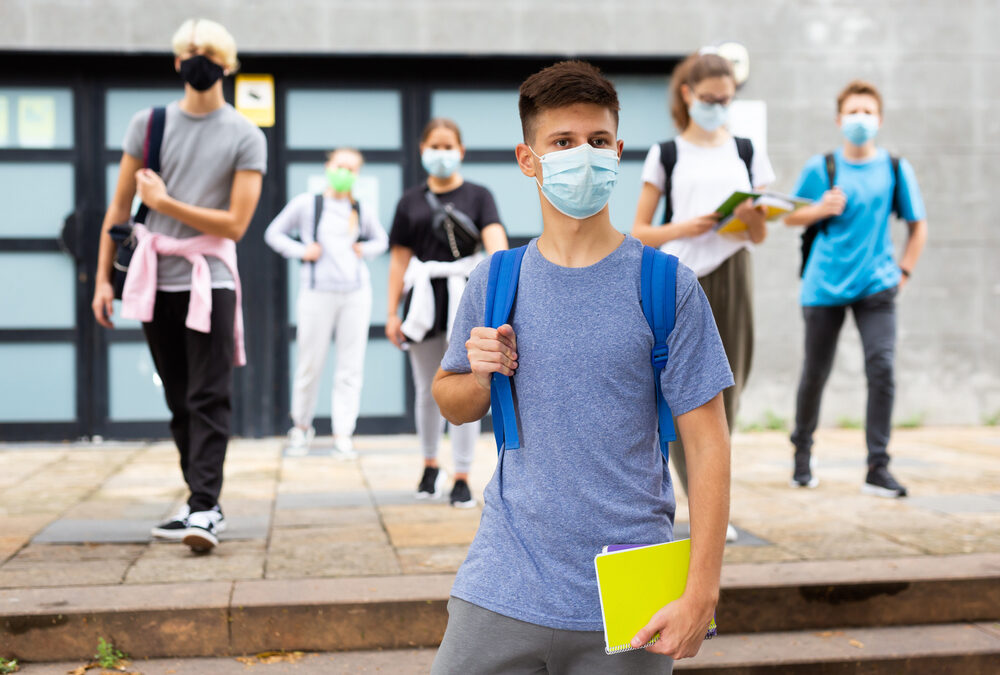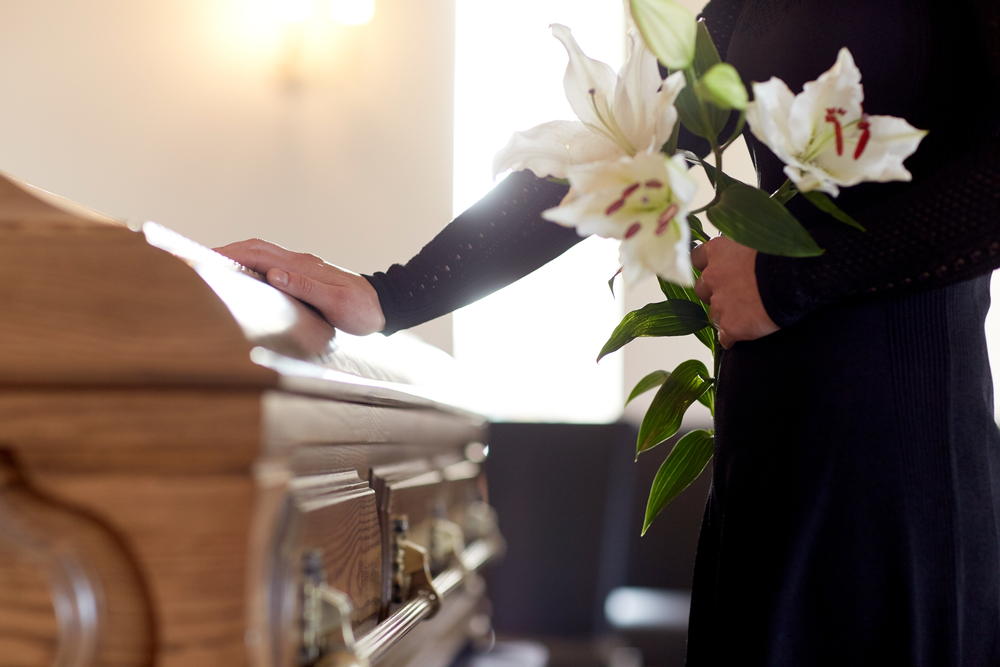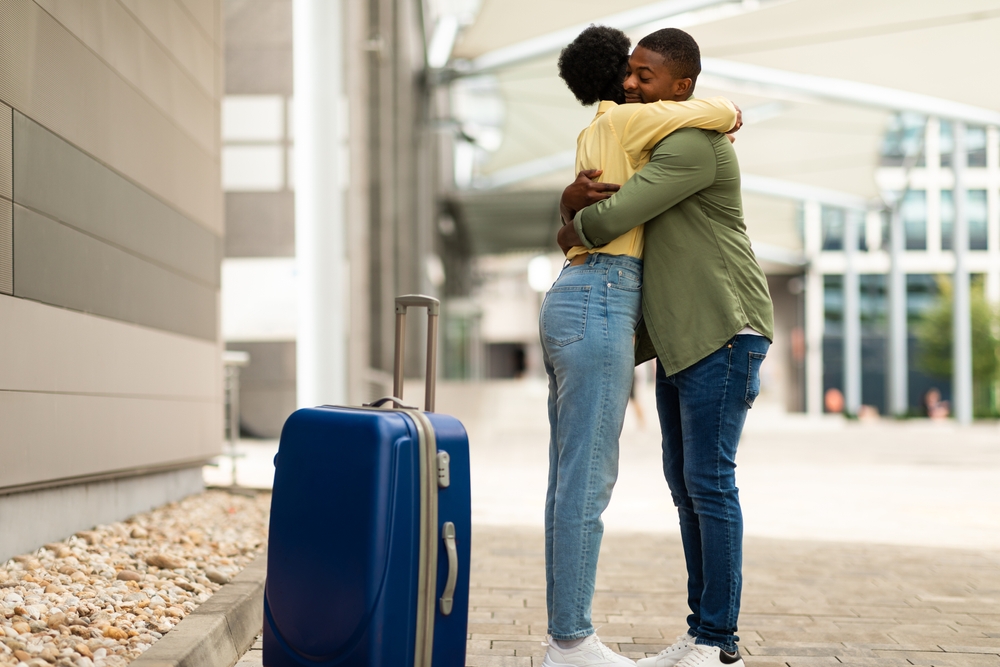COVID-19 may feel like it is ruining your teen years. Last-minute school closures shove you back into online learning, interfere with sports and clubs, and cancel important dances and graduations. Not to mention what happens at home! Here are some tips for how teens coping with COVID-19.
10. Keep a Schedule
When your schedule feels like it’s in constant flux, you can cope with COVID-19 by keeping things regular. Don’t sleep in until noon just because you can. Get up, shower, and get dressed just like it’s a normal school day. This can help fight depression and grief and keep you moving throughout the day. Set specific times for class work, chores, and homework, and don’t forget time for hanging out and relaxing.
9. Pick Your Daily Top 3 Tasks
If you are having trouble making good use of your time without school bells and classes, try this. Start each day by picking 3 things you absolutely want (or need) to finish that day. Maybe it’s a paper for English class, cleaning the bathroom, and a meet-up with friends. Put those on your calendar first, then fill in around them with other, less essential tasks.
8. Stay Connected with Friends
This is something teens are often better at than their parents. You can use online tools including social media, Discord, and online games to keep in contact with friends when you need to quarantine. The best online choices are things you do together, like co-op games, rather than against each other.
7. Avoid Doom-Scrolling
Social media can be a good tool for teens coping with COVID-19, but sometimes it can get out of control. If scrolling through TikTok or Twitter gives you anxiety, consider limiting the time you spend on social media to a set period each day. Most phones have built-in features that let you lock an application after a certain amount of time. This can also keep you from losing entire afternoons to YouTube videos set to auto-play.
6. Skip the Caffeine
If you are feeling anxious about, well, everything, it may be a good time to give caffeine a break. Coffee, energy drinks and pop can all make it harder to relax when your thoughts start spiraling. Try teas or low-sugar juices instead.
5. Take Safety Seriously but Try Not to Fixate on Getting Sick
Most of the time, when teens do get COVID, their cases will likely be mild (especially if they’re vaxxed and boosted!). You should still take safety seriously, especially if you live with someone with a compromised immune system. However, coping with COVID-19 doesn’t mean you need to worry every time you step outside. The pandemic can make the symptoms of obsessive-compulsive disorder (OCD) worse, and cause even healthy teens and adults to struggle with intrusive thoughts about illness or death. If you find yourself fixated, take a break and focus your attention elsewhere, or try meditating to clear your thoughts.
4. Get Up and Move
One great way to interrupt anxious or obsessive thoughts is through physical movement. Doing something that moves your body can help you get through anxiety. It can be anything: a walk, weightlifting, yoga, or even dancing. (Bonus: physical movement can also get that kink out of your neck from too much phone time.)
3. When You Feel Helpless About COVID-19, Identify Things You Can Control
Teens coping with COVID-19 can often feel hopeless, and like their life is out of control. School administrators cancel classes. Your parents are taking scary risks. A friend tests positive. As a teenager, you only get so much of a say. To cope with this, look for things you can control, like wearing a mask when you are out with your friends, choosing outdoor activities, or taking the meetup online.
2. Set Aside Time to Be Alone (Even from Your Parents)
A lot of teens coping with COVID-19 feel like they see too much of the people they live with. Talk to your parents about your need for alone time. Ask them to help keep siblings away and to respect your privacy during this time. That way you can recharge and avoid family fights growing out of control.
1. Find Help in Coping with COVID-19
If you are struggling to cope with COVID-19, it’s okay to ask for help. Living through a pandemic is hard, and there are people trained to help you. As your parents to connect you to a psychotherapist. They can help you manage your emotions and develop new plans to help you cope.
David Stanislaw is a psychotherapist with over 30 years of experience. He helps adults, teens, and children struggling to cope with COVID-19. Contact David Stanislaw to get help today.


 How Bereavement Counseling Helps with Loss
How Bereavement Counseling Helps with Loss Long-Distance Relationships and Loneliness
Long-Distance Relationships and Loneliness Finding the Right Stress Management Technique
Finding the Right Stress Management Technique